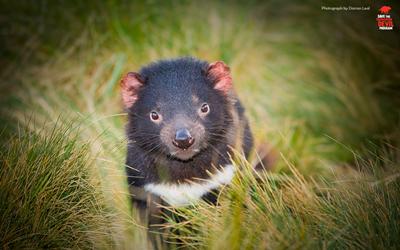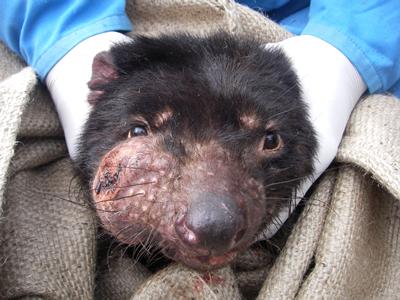Immune evasion and contagious cancers Event
.jpg_SIA_JPG_fit_to_width_MEDIUM.jpg)
For more information regarding this event, please telephone Kim Lipscombe on 02380 59 7747 or email K.R.Lipscombe@soton.ac.uk .
Event details
Contagious cancers can emerge when a tumour cell gains the ability to pass as an infectious allograft between individuals. The ability of these tumours to colonise a new host and to cross histocompatibility barriers contradicts our understanding of the vertebrate immune response to allografts. Two naturally occurring contagious cancers are currently active in the animal kingdom, Canine Transmissible Venereal Tumour (CTVT) that spreads among dogs and Devil Facial Tumour Disease (DFTD) among Tasmanian devils.
CTVT tumours are generally not fatal as a tumour specific host immune response controls or clears the tumours after transmission. In contrast, the growth of DFTD tumours is not controlled and the disease causes close to 100% mortality, severely impacting the devil population.

We are investigating the mechanisms that allow DFTD cells to metastasise to a new host without eliciting an immune response. We have shown that DFTD cells epigenetically down-regulate their MHC molecules allowing them to escape the host T cells. MHC class I can be restored to the surface of DFTD cells in vitro using devil IFN-g, which is associated with upregulation of the MHC class II transactivator (CIITA), a key transcription factor with de-acetylase activity. Further, expression of MHC class I molecules by DFTD cells can occur in vivo during lymphocyte infiltration, indicating that devil immune cells can respond to DFTD. We are exploring the possibility of a peptide vaccine to control the spread of DFTD and determining mechanisms of immunosuppression that allow cancer transmission.

- Tumour cells can acquire the ability to pass between individuals in a population, becoming a contagious cancer
- Devil Facial Tumour Disease is one such contagious cancer that has had a severe impact on its host, the Tasmanian devil
- Histocompatibility barriers should prevent the emergence of a contagious cancer
- We are investigating how these cells avoid the host immune response and developing vaccine strategies to target the tumour in the wild
Speaker information
Dr Hannah Siddle